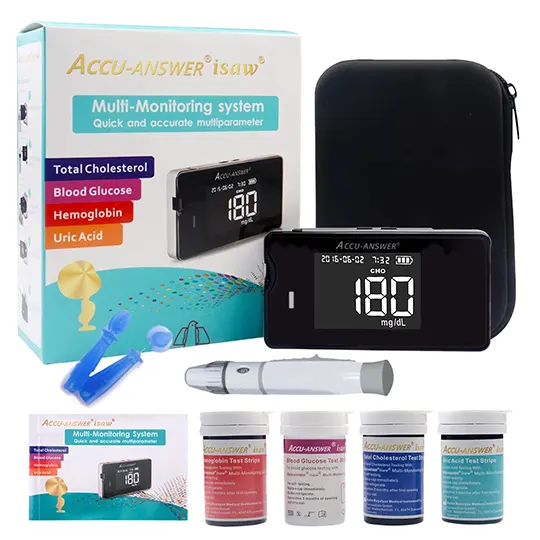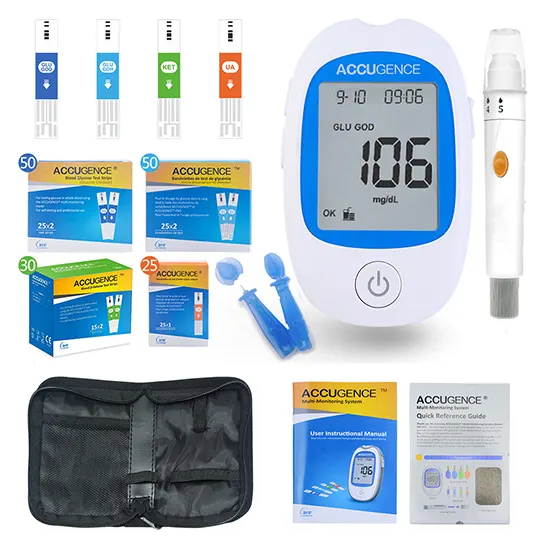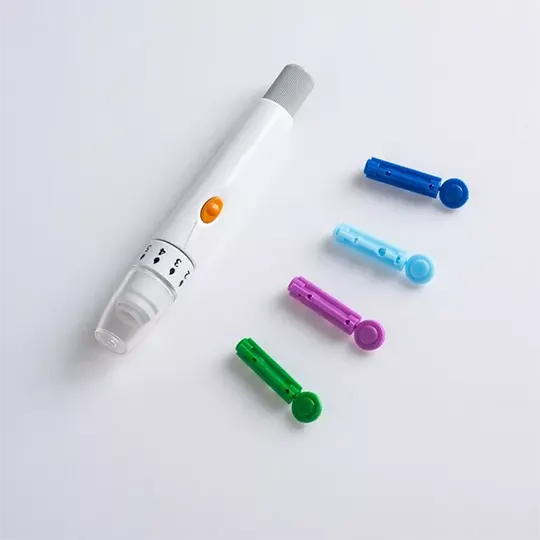Preveon
Preveon - General Information
Adefovir dipivoxil, previously called bis-POM PMEA, with trade names Preveon and Hepsera, is an orally-administered nucleotide analog reverse transcriptase inhibitor (ntRTI) used for treatment of hepatitis B. It is a failed treatment for HIV. [Wikipedia]
Pharmacology of Preveon
Adefovir dipivoxil a diester prodrug of adefovir. Adefovir is an acyclic nucleotide analog with activity against human hepatitis B virus (HBV). The concentration of adefovir that inhibited 50% of viral DNA synthesis (IC50) in vitro ranged from 0.2 to 2.5 μM in HBV transfected human hepatoma cell lines. The combination of adefovir with lamivudine showed additive anti-HBV activity.
Preveon for patients
HEPSERA™(hep-SER-rah)
Generic Name: (adefovir dipivoxil) tablets
Read this information carefully before you start taking HEPSERA. Read and check for new information each time you get more HEPSERA. This information does not take the place of talking with your doctor about your medical condition or your treatment.
What is the most important information I should know about HEPSERA?
1. Some people who take HEPSERA get a worse or very serious hepatitis when they stop taking it. This usually happens within 12 weeks after stopping. You will need to have regular blood tests to check for liver function and hepatitis B virus levels if you stop taking HEPSERA.
2. HEPSERA may cause a severe kidney problem called nephrotoxicity. It usually happens in people that already have a kidney problem,but it can happen to anyone that uses HEPSERA. You will need to have regular blood tests to check for kidney function while you are taking HEPSERA.
3. If you get or have HIV that isn't being treated with medicines,HEPSERA may increase the chances your HIV infection cannot be helped with usual HIV medicines. This can happen if you get or have HIV and don't know it,or if your HIV is not being treated while you are taking HEPSERA. You should get an HIV test before you start taking HEPSERA and anytime after that when there's a chance you were exposed to HIV.
4. Some people who have taken nucleoside analog medicines, like HEPSERA, have developed a serious condition called lactic acidosis (build up of an acid in the blood). Lactic acidosis is a medical emergency and must be treated in the hospital. Call your doctor right away if you get any of the following signs of lactic acidosis:
• You feel very weak or tired.
• You have unusual (not normal) muscle pain.
• You have trouble breathing.
• You have stomach pain with nausea and vomiting.
• You feel cold, especially in your arms and legs.
• You feel dizzy or lightheaded.
• You have a fast or irregular heartbeat.
Some people who have taken medicines like HEPSERA have developed serious liver problems called hepatotoxicity,with liver enlargement (hepatomegaly) and fat in the liver (steatosis).
Call your doctor right away if you get any of the following signs of liver problems.
• Your skin or the white part of your eyes turns yellow (jaundice).
• Your urine turns dark.
• Your bowel movements (stools) turn light in color.
• You don't feel like eating food for several days or longer.
• You feel sick to your stomach (nausea).
• You have lower stomach pain.
You may be more likely to get lactic acidosis or serious liver problems if you are very overweight (obese) or have been taking nucleoside analog medicines [Combivir (zidovudine plus lamivudine), Epivir-HIV, Epivir-HBV (lamivudine), Hivid (zalcitabine), Retrovir (zidovudine), Trizivir (zidovudine plus lamivudine plus abacavir), Videx (didanosine), Viread (tenofovir disoproxil fumarate), Zerit (stavudine), Ziagen (abacavir)], like HEPSERA, for a long time.
What is HEPSERA?
HEPSERA is a medicine used to treat adults with continuing (chronic) infections with active hepatitis B virus. HEPSERA has not been studied in adults over the age of 65 or in children.
• HEPSERA will not cure your chronic hepatitis B.
• HEPSERA may help lower the amount of hepatitis B virus in your body.
• HEPSERA may lower the ability of the virus to multiply and infect new liver cells.
• We do not know if HEPSERA will reduce your chances of getting liver cancer or liver damage (cirrhosis) from chronic hepatitis B.
• We do not know how long HEPSERA may help your hepatitis. Sometimes viruses change in your body and medicines no longer work. This is called drug resistance.
• HEPSERA does not stop you from spreading hepatitis B to others by sex or sharing needles. So practice safe sex and needle use.
Who should not take HEPSERA?
• Do not take HEPSERA if you are allergic to any of the ingredients in HEPSERA. The active ingredient in HEPSERA is adefovir dipivoxil. See the end of this leaflet for a complete list of all the ingredients in HEPSERA.
Tell your doctor if:
• You are pregnant. We do not know if HEPSERA can harm your unborn child. You and your doctor will need to decide if HEPSERA is right for you. If you take HEPSERA and you are pregnant, talk to your doctor about how you can be on the HEPSERA pregnancy registry.
• You are breast-feeding. We do not know if HEPSERA can pass through your milk and if it can harm your baby. You will need to choose either to breast-feed or take HEPSERA, but not both.
• You have kidney problems now or had them before. Your dose and schedule of HEPSERA may be reduced. Blood tests will need to be done regularly to see how your kidneys are working.
Tell your doctor about all the medicines you take, including prescription and non-prescription medicines, vitamins, and herbal supplements. Some medicines may affect how HEPSERA works, especially medicines that affect how your kidneys work. HEPSERA can affect how your other medicines work. Your dose of HEPSERA and the other medicines may be changed. Do not take any other medicines while you are taking HEPSERA, unless your doctor has told you it is okay.
How should I take HEPSERA?
• Your doctor will tell you how much HEPSERA to take.
• Your doctor will tell you when and how often to take HEPSERA.
• Take HEPSERA the same time each day that your doctor tells you. If you forget to take HEPSERA, take it as soon as you remember that day. Do not take more than 1 dose of HEPSERA in a day. Do not take 2 doses at the same time. Call your doctor or pharmacist if you are not sure what to do.
• Do not change your dose of HEPSERA or stop HEPSERA without talking to your doctor. Your hepatitis may get worse if you change doses or stop.
• You may take HEPSERA with or without food.
• When your HEPSERA supply gets low,call your doctor or pharmacy for a refill. Do not run out of HEPSERA.
• If you take too much HEPSERA, call your local poison control center or emergency room right away.
Some patients get worse or very serious hepatitis B symptoms when they stop taking HEPSERA (See, "What is the most important information I should know about HEPSERA?"). We don't know how long you should use HEPSERA. You and your doctor will need to decide when it is best for you to stop taking HEPSERA. After you stop taking HEPSERA, your doctor will still need to check your health and take blood tests to check your liver for a few months.
What should I avoid while taking HEPSERA?
Avoid doing things that can spread hepatitis B since HEPSERA doesn't stop you from passing the infection to others.
• Do not share needles or other injection equipment.
• Do not share personal items that can have blood or body fluids on them, like toothbrushes or razor blades.
• Do not have any kind of sex without protection. Practice "safe sex" using condoms and dental dams.
What are the possible side effects of HEPSERA?
HEPSERA can cause the following serious side effects: (See, "What is the most important information I should know about HEPSERA?")
1. a worse or very serious hepatitis if you stop taking it
2. a severe kidney problem called nephrotoxicity
3. increase your chance of developing a form of HIV that cannot be treated with usual HIV medicines
4. lactic acidosis and liver problems
The most common side effects of HEPSERA are weakness, headache, stomach pain and nausea. The most common side effects in patients with liver transplants and chronic hepatitis B are weakness, headache, stomach pain, and itching. Some patients with liver transplants also had changes in the way their kidneys worked.
These are not all of the possible side effects of HEPSERA. For more information, ask your doctor or pharmacist.
General information about the safe and effective use of HEPSERA:
Medicines are sometimes prescribed for conditions not mentioned in patient information leaflets. Do not use HEPSERA for a condition for which it was not prescribed. Do not give HEPSERA to other people, even if they have the same symptoms that you have.
This leaflet summarizes the most important information about HEPSERA. If you would like more information, talk with your doctor. You can ask your doctor or pharmacist for information about HEPSERA that is written for health professionals.
HEPSERA tablets should be stored at room temperature and should be stored in their original container.
What are the Ingredients of HEPSERA?
Active Ingredient: Adefovir dipivoxil
Inactive Ingredients: croscarmellose sodium, lactose monohydrate, magnesium stearate, pregelatinized starch and talc.
Preveon Interactions
Before using this medication, tell your doctor or pharmacist of all prescription and nonprescription products you may use, especially of: aminoglycosides (e.g., gentamicin, amikacin), amphotericin B, cyclosporine, non-steroidal anti-inflammatory drugs (e.g., ibuprofen), tacrolimus, vancomycin. Do not start or stop any medicine without doctor or pharmacist approval.
Preveon Contraindications
HIV infection, kidney problems, liver transplant, allergies. This medication should be used only when clearly needed during pregnancy.
Additional information about Preveon
Preveon Indication: For the treatment of chronic hepatitis B in adults with evidence of active viral replication and either evidence of persistent elevations in serum aminotransferases (ALT or AST) or histologically active disease.
Mechanism Of Action: Adefovir dipivoxil is a prodrug of adefovir. Adefovir is an acyclic nucleotide analog of adenosine monophosphate which is phosphorylated to the active metabolite adefovir diphosphate by cellular kinases. Adefovir diphosphate inhibits HBV DNA polymerase (reverse transcriptase) by competing with the natural substrate deoxyadenosine triphosphate and by causing DNA chain termination after its incorporation into viral DNA. The inhibition constant (Ki) for adefovir diphosphate for HBV DNA polymerase was 0.1 μM. Adefovir diphosphate is a weak inhibitor of human DNA polymerases α and γ with Ki values of 1.18 μM and 0.97μM, respectively.
Drug Interactions: Not Available
Food Interactions: Take without regard to meals.
Generic Name: Adefovir Dipivoxil
Synonyms: Adefovirdipivoxl; Adefovir pivoxil; Adefovir; ADV; bis-POM PMEA; PMEA
Drug Category: Antiviral Agents; Reverse Transcriptase Inhibitors
Drug Type: Small Molecule; Approved
Other Brand Names containing Adefovir Dipivoxil: Hepsera; Preveon;
Absorption: Approximate oral bioavailability is 59%.
Toxicity (Overdose): Renal tubular nephropathy characterized by histological alterations and/or increases in BUN and serum creatinine was the primary dose-limiting toxicity associated with administration of adefovir dipivoxil in animals. Nephrotoxicity was observed in animals at systemic exposures approximately 3–10 times higher than those in humans at the recommended therapeutic dose of 10 mg/day.
Protein Binding: ≤4% over the adefovir concentration range of 0.1 to 25 μg/mL
Biotransformation: Following oral administration, adefovir dipivoxil is rapidly converted to adefovir. Forty-five percent of the dose is recovered as adefovir in the urine over 24 hours at steady state following 10 mg oral doses. Adefovir is not a substrate of the cytochrome P450 enzymes.
Half Life: Terminal elimination half-life of 7.48 ± 1.65 hours
Dosage Forms of Preveon: Tablet Oral
Chemical IUPAC Name: [2-(6-aminopurin-9-yl)ethoxymethyl-(2,2-dimethylpropanoyloxymethoxy)phosphoryl]oxymethyl 2,2-dimethylpropanoate
Chemical Formula: C20H32N5O8P
Adefovir Dipivoxil on Wikipedia: https://en.wikipedia.org/wiki/Adefovir
Organisms Affected: Hepatitis B virus




